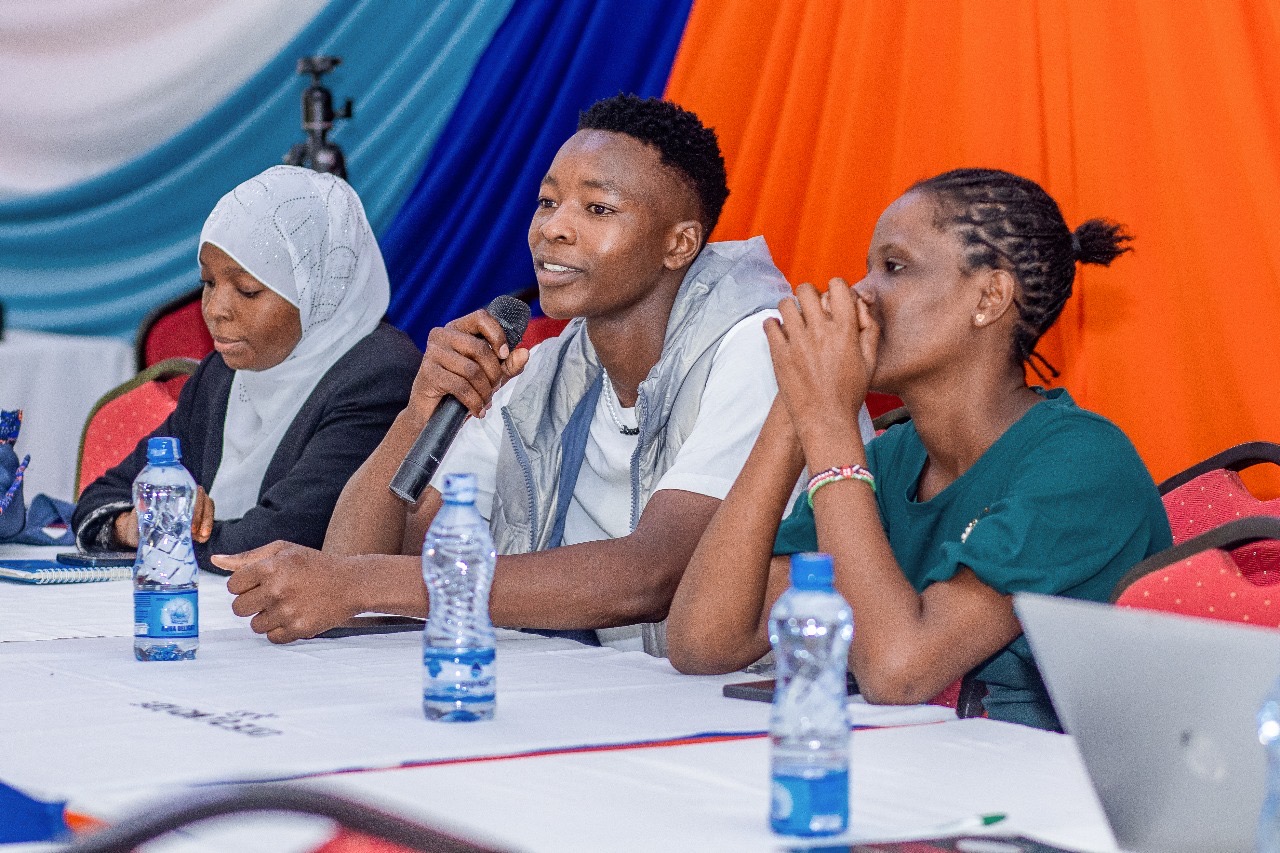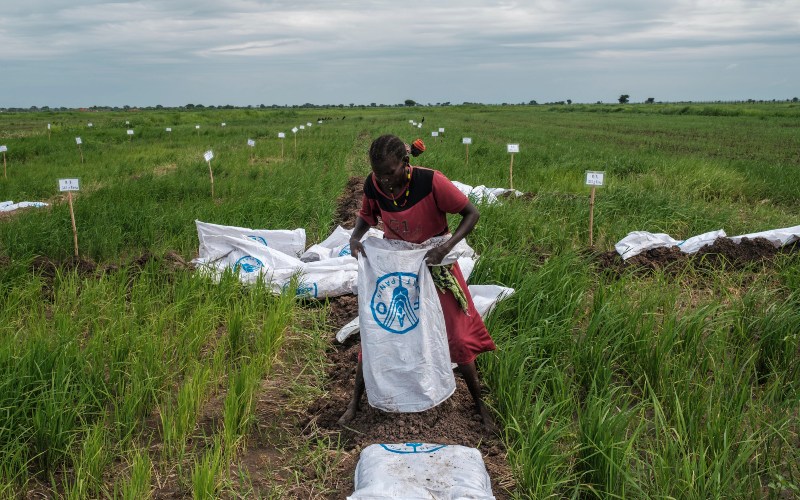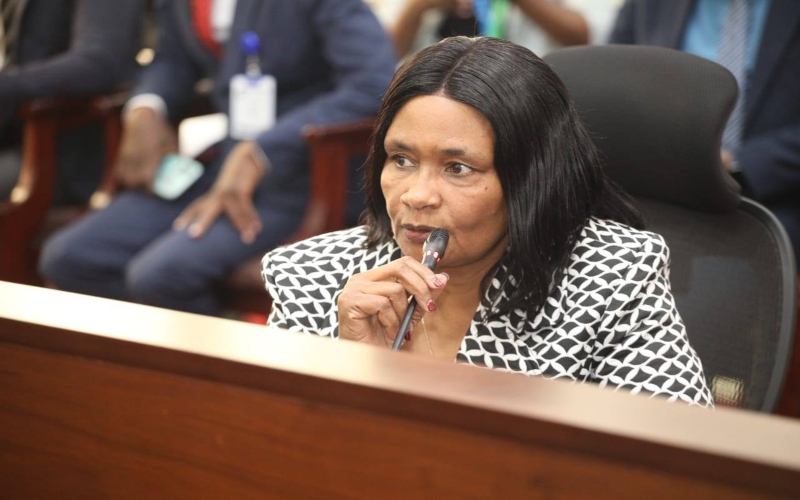Universities urged to create gender resource centres amid rising GBV cases

The calls for action come as GBV cases continue to rise, prompting urgent appeals for more comprehensive support mechanisms in higher education settings.
Educational institutions are under increasing pressure to set up gender resource centres on their campuses to tackle the escalating cases of gender-based violence (GBV).
The centres aim to simplify the process for students to report incidents and enable universities to monitor and address cases more effectively.
More To Read
- Women MPs demand swift justice after brutal attack on woman in Meru circumcision procession
- Kenya, UK celebrate success of Sh3.6 billion REINVENT security programme after seven years
- W20 pushes G20 to advance women’s economic empowerment, care work, health, climate justice
- Sexual violence driving mass flight from Sudan to South Sudan: What you need to know
- 16 days of activism: Strengthening protection against gender-based violence
- Digital experts sound alarm as tech-facilitated GBV continues to target Kenyan women
Rev Dr Dorcas Juma, a senior lecturer at Pwani University, warned that cases of GBV in universities are reaching alarming levels.
Speaking at an Art and Feminist Workshop organised by the Wikimedia Kenya User Group at Pwani University, she said, "There has been a significant increase in GBV cases at higher learning institutions, and we need urgent measures to address this issue."
Dr Juma called for the integration of GBV awareness programmes during orientation weeks, explaining, "New students must be sensitised on the issue as soon as they join."
University curricula
She also recommended incorporating GBV topics into university curricula and urged institutions to collaborate with county governments.
"County gender departments can play a critical role in combating GBV, and institutions should form partnerships to leverage this support," she added.
Winnie Kabintie, co-founder of the Wikimedia Kenya User Group, echoed these concerns, criticising existing GBV laws as "weak and poorly enforced."
She called for stronger legislation and stricter penalties for offenders while pointing out that many of the gender desks at police stations lack staff with the interpersonal skills necessary to create a safe environment for victims.
"The stigma surrounding GBV in higher learning institutions makes it difficult for many students to report incidents," Kabintie said.
Brian Salano, an Information Science student at the Technical University of Mombasa, highlighted the challenges faced by male victims of GBV, stating, "Men often feel ashamed to come forward."
He stressed the importance of establishing guidance and counselling programmes in universities to support all victims. "Training lecturers and student leaders in confidentiality is vital to ensure that cases are handled appropriately," he said.
The calls for action come as GBV cases continue to rise, prompting urgent appeals for more comprehensive support mechanisms in higher education settings.
Top Stories Today












































